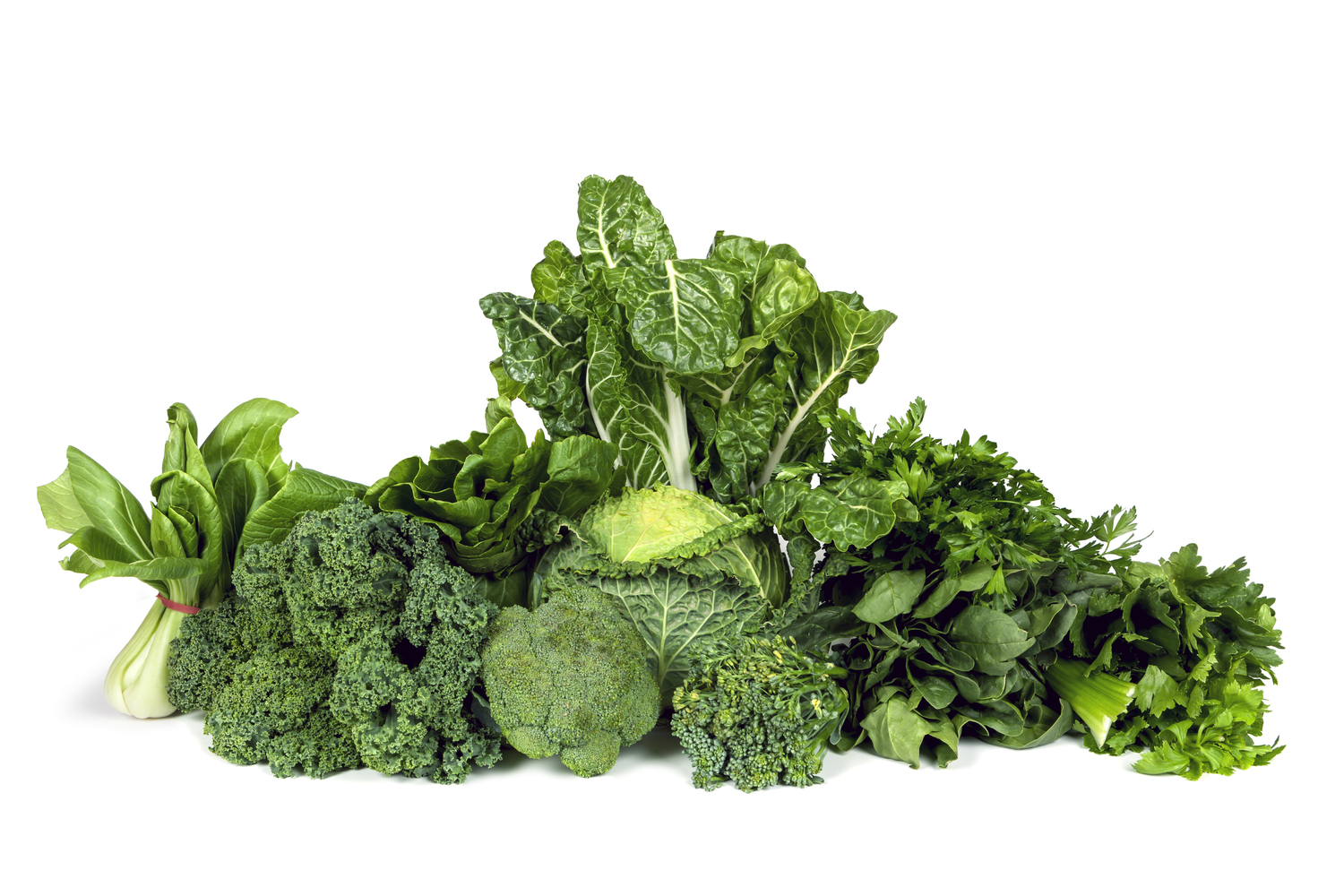
6 Foods to Avoid With Medical Treatments and Medications
Certain foods can interact negatively with medications and medical treatments, potentially causing adverse effects or reducing their effectiveness. It’s essential to be aware of these interactions to ensure you’re not unwittingly sabotaging your health. Here are six foods that can cause adverse reactions when mixed with certain medications and medical treatments:
1. Cured meats
Cured meats like ham, bacon, and salami contain high levels of nitrates, which can interact with medications used to treat angina and other heart conditions. These interactions can lead to dangerously low blood pressure levels and other adverse effects.
2. Leafy green vegetables
If you’re taking blood-thinning medications like warfarin, eating too many vitamin K-rich foods can interfere with their effectiveness. Leafy green vegetables like kale, spinach, and broccoli should be consumed in moderation to avoid potentially dangerous blood clotting.
3. Grapefruit
Grapefruit contains compounds that can interfere with the metabolism of certain medications, leading to higher-than-intended levels of the drug in your bloodstream. This can be particularly dangerous with statins, which are commonly used to lower cholesterol levels.
4. Alcohol
Alcohol can interact negatively with a wide range of medications, including painkillers, antibiotics, and antidepressants. It can increase the risk of side effects, reduce the effectiveness of the medication, and even lead to dangerous interactions that can damage your health.
5. Tyramine-rich foods
Foods high in tyramine, such as aged cheeses and soy products, can interact with monoamine oxidase inhibitors (MAOIs), a type of antidepressant. This can lead to a dangerous spike in blood pressure, which can be life-threatening.
6. Dairy products
Dairy products can interact with antibiotics like tetracycline, reducing their effectiveness by preventing them from being absorbed properly. If you’re taking antibiotics, it’s best to avoid dairy products for at least an hour before and after taking your medication.
While some foods can be highly beneficial to your health, it’s essential to be aware of potential interactions with medications and medical treatments. If you’re unsure about whether a particular food is safe to consume, it’s always best to consult with your healthcare provider or a registered dietitian.



